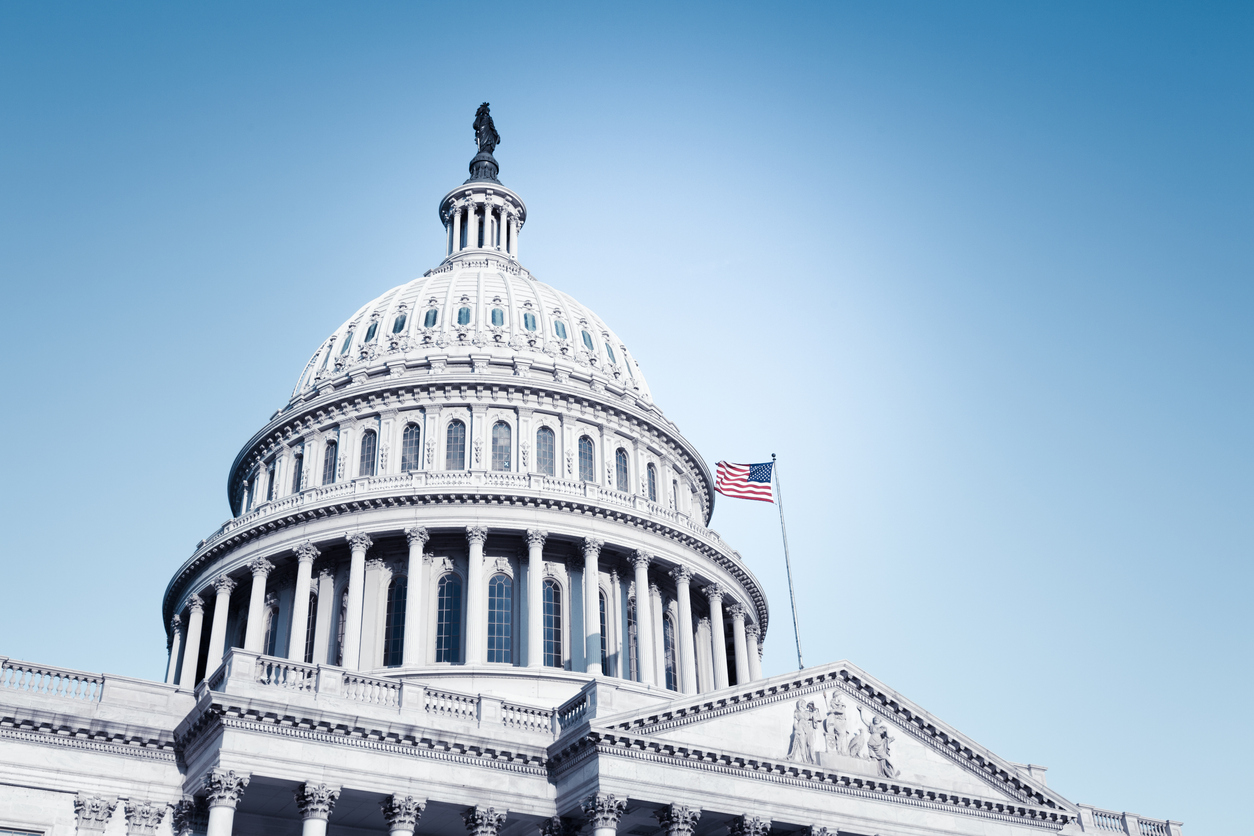We are monitoring developments in the U.S. Congress regarding an emergency relief stimulus package that includes individual taxpayers and businesses. Today, we received a briefing that laid out some key provisions, but bear in mind that the U.S. House still needs to pass the bill, currently known as the Coronavirus Aid, Relief and Economic Security Act (CARES Act). President Trump has indicated that he will sign the legislation.
In addition to a plan for the U.S. health care system to provide treatment during the pandemic as well as financial assistance to state, local, tribal and territorial governments, the plan offers aid to private nonprofits involved in critical and essential services.
Some of the key provisions so far outlined for individuals and businesses include the following:
Individuals
- Recovery rebates of up to $1,200 for singles, $1,200 for heads of households and $2,400 for married couples filing jointly — plus $500 per qualifying child — subject to income-based phaseouts starting at $75,000, $122,500 and $150,000, respectively
- Expansion of unemployment benefits, including for self-employed and gig-economy workers
- Waiver of the 10% penalty on COVID-19-related early distributions from IRAs, 401(k)s and certain other retirement plans
- Waiver of required minimum distribution rules for IRAs, 401(k)s and certain other retirement plans
- Expansion of charitable contribution tax deductions
- Exclusion for certain employer payments of student loans
Businesses and other employers
- Retention tax credit for eligible employers that continue to pay employee wages while their operations are fully or partially suspended as a result of certain COVID-19-related government orders
- Deferral of the employer portion of payments of certain payroll taxes
- Modification of net operating loss (NOL) and limitation on losses rules
- Modification of the deduction limitation on business interest
- Qualified improvement property technical correction, allowing qualifying interior improvements of buildings to be immediately expensed rather than depreciated over 15 years
- Expansion of the ways the Small Business Administration (SBA) can help small businesses
There will be more details in the coming days, so check our website for updates on this sweeping stimulus package and what it means for you.
Source: Thomsen Reuters
You may also be interested in our blog post about refundable payroll tax credits to cover expanded paid family and sick leave during the COVID-19 pandemic.

